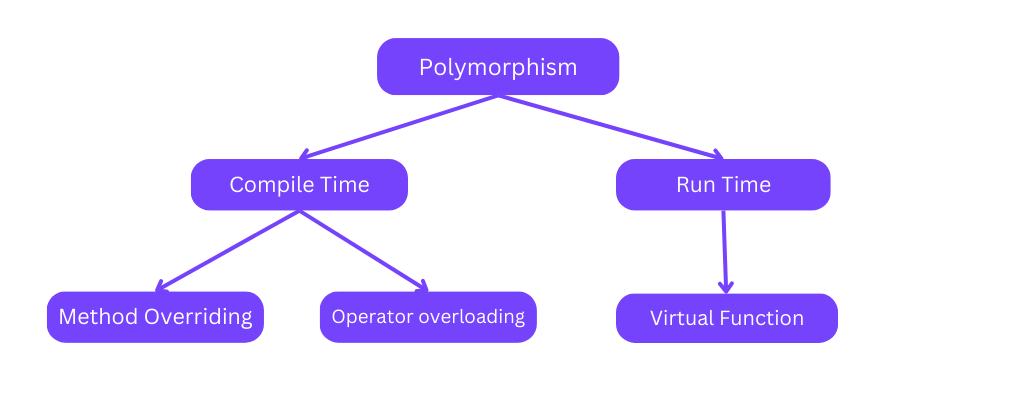Introduction
In the realm of programming, polymorphism emerges as a crucial concept, empowering developers to create adaptable and efficient code. Polymorphism allows objects to take on multiple forms, providing flexibility and extensibility to software systems. This article aims to demystify polymorphism, exploring its various types, advantages, and practical applications.
Defining Polymorphism
Polymorphism, derived from the Greek words “poly” (meaning many) and “morph” (meaning form), refers to the ability of objects to exhibit multiple behaviors or appearances. In the context of programming, it allows entities to take on different forms, behaving differently based on the context in which they are used.
The Role of Abstraction
At the heart of polymorphism lies the concept of abstraction, which focuses on defining the essential characteristics of an object while hiding its implementation details. By employing abstraction, developers can create generic, reusable code that works with a wide range of objects.
Examples of Polymorphism in OOP
A classic example of polymorphism is the concept of a “Shape” class. Different shapes, such as circles, rectangles, and triangles, can inherit from the “Shape” class and provide their own implementations of methods like “calculateArea()” and “draw()”. With polymorphism, the same code can work with various shapes, abstracting away the specific details of each shape.
Types of Polymorphism

There are two types of polymorphism-
- Compile-Time Polymorphism
- Run -Time Polymorphism
1. Compile-Time Polymorphism (Static Binding)
Compile-time polymorphism occurs when the decision about which method or function to invoke is made during the compilation phase. This is achieved through method overloading which is also known as static binding or early binding, where multiple methods in the same class have the same name but different parameter lists.
2. Runtime Polymorphism (Dynamic Binding)
Runtime polymorphism is determined during the program’s runtime. It involves method overriding which is also known as dynamic binding or late binding, where a subclass provides a specific implementation of a method that is already defined in its superclass.
Implementing Polymorphism in Object-Oriented Programming
In object-oriented programming (OOP), polymorphism is primarily achieved through interfaces and abstract classes. Interfaces define a contract for classes, specifying the methods they must implement. Abstract classes serve as a blueprint for other classes, and they can also contain abstract methods that must be implemented by their subclasses.
Benefits of Polymorphism
1. Code Reusability
Polymorphism enables code reusability by allowing developers to write generic functions that work with a wide range of object types. This reduces redundant code, leading to cleaner and more maintainable programs.
2. Flexibility and Extensibility
With polymorphism, code can adapt to changes without requiring extensive modifications. New classes can be added without affecting existing code, enhancing the system’s flexibility and extensibility.
3. Simplified Code Structure
Polymorphism allows for a more streamlined and organized code structure. By leveraging abstraction and generic functions, developers can create code that is easier to understand and maintain.
FAQs
Q: What is Polymorphism?
A: Polymorphism refers to the ability of objects to take on multiple forms, enabling flexible behaviour in programming. It occur when a program have many classes that are related to each other by inheritence.
Q: How does Polymorphism benefit code structure?
A: Polymorphism simplifies code structure by promoting code reusability and abstraction, leading to cleaner and more organized programs.
Q: How is Polymorphism implemented in OOP?
A: Polymorphism in OOP is achieved through interfaces and abstract classes, providing a framework for generic and extensible code.
Q: What is the difference between Compile-Time and Runtime Polymorphism?
A: Compile-time polymorphism is determined during compilation, whereas runtime polymorphism is decided during program execution. Compile-time polymorphism is also called early binding or static binding, whereas runtime polymorphism is also called late binding or dynamic binding.
more related content on Object Oriented Programming